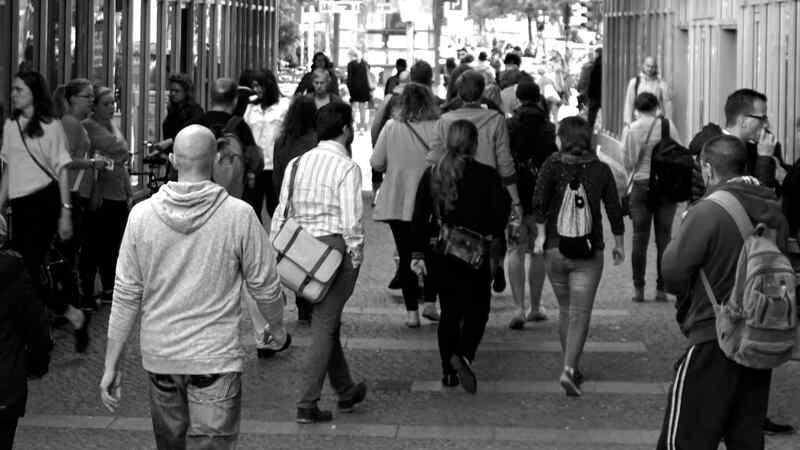 One Truth Republic
One Truth Republic

AI and Jobs: Insight from a Meta employee
 Ingo Joseph
Ingo JosephAI is booming.
With the global AI market expected to reach a staggering 190 billion dollars by 2025, and a compound annual growth rate of 36 percent, one can’t help but wonder: what will be the consequences of this rapid growth? Will it be all sunshine and rainbows, or is there a darker side to this technological revolution?
As AI continues to advance, it’s becoming increasingly clear that job losses are a very real concern. By 2030, Artificial Intelligence is predicted to add an impressive 16 trillion dollars to the world’s GDP, boosting it by 14 percent. But at what cost? Are we prepared to face the potential fallout from this massive shift in the global economy?
One anonymous Meta data scientist, who we’ll call “John,” has some pretty blunt thoughts on the matter. “AI has the potential to revolutionize industries and improve our lives in countless ways. But it will lead to massive job losses and unforeseen consequences that we’re simply not prepared for. The tech layoff going on now is just the tip of the iceberg. And yes they are related to what is happening in AI.”
John’s concerns are not unfounded. It’s likely that we’ll see more and more jobs being replaced by machines. In fact, it’s predicted that there will be more AI assistants than people in this world. But what does this mean for the average worker?

This is where the role of regulation and government involvement comes into play. It’s clear that something must be done to mitigate the potential negative effects of AI on the job market, but what exactly should that be? Should governments step in and regulate the development and use of AI, or should they take a more hands-off approach and let the market sort itself out?
John believes that a balance must be struck between regulation and innovation. “We can’t stifle progress, but we also can’t ignore the very real threat that AI poses to the job market,” he says. “The government needs to wake up to this threat. People without jobs don’t buy anything and don’t pay taxes. And right now the government is still asleep”
Have we already set ourselves on a path that will lead to widespread job losses and unforeseen consequences? Will we be caught off guard by the potential fallout from this rapidly advancing technology?
It sure seems like it.
Jeremy Holowczak


